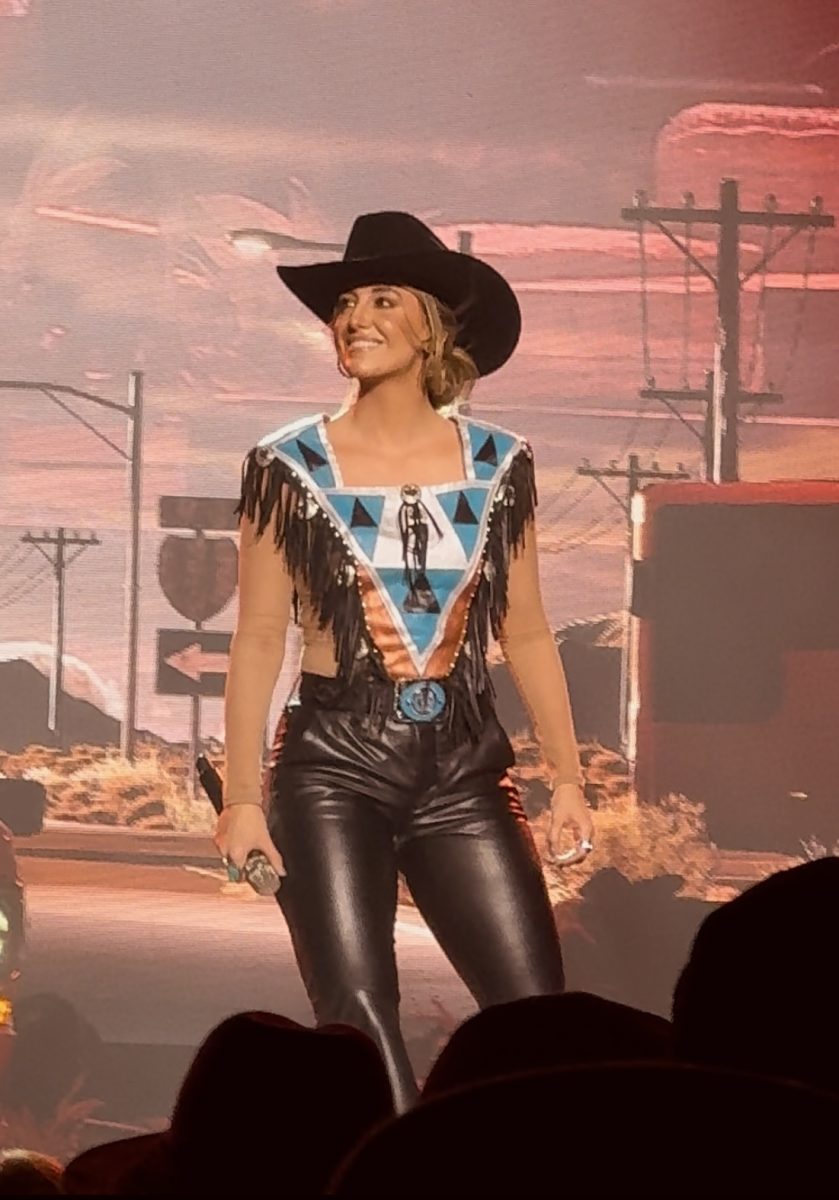We’ve all seen it.
A girl in a faux leather dress and a Native American headdress.
A guy in blackface.
Someone else dressed like Jesus or a Muslim person.
Halloween is a time for creativity and fun — to dress up as a character or object and celebrate the spooky season. It, however, is not a time to play dress up with someone’s identity, culture, religion or sexual orientation.
While many often argue it can be considered a sign of respect to dress up in a costume portraying another culture or religion, we, at The Collegian, disagree. Others may say, “It’s just a costume, don’t take it so seriously.”
But a costume inherently makes a caricature out of something. It trivializes important aspects of their culture or religion.
Semehar Ghebrekidan is a graduate administrative assistant for the Office of Diversity, Inclusion, Equity and Access. She recently created an online graphic for the office: “Do’s and Don’t’s for Halloween,” a guide to dressing for Halloween appropriately and respectfully.
“A costume is not a skin color. It’s not a culture,” Ghebrekidan said. “This is a matter of appropriation — it’s about making those things into a costume when they’re a part of someone’s identity.”
An important factor to consider when choosing a costume is whether or not the portrayed identity is a member of a culturally or socially oppressed group.
For example, a five-year-old girl dressing as her favorite minority Disney princess, regardless of the little girl’s race, is not a situation of cultural appropriation or belittling of the minority group of that princess.
Ghebrekidan also said this doesn’t mean a white man cannot dress as Drake, his favorite rapper, just because the man is not black. But he can do it in a way that does not degrade Drake as an African-American man.
That is, the man should find a way to portray himself as Drake without needing to do blackface.
We believe one of the biggest problems with inappropriate Halloween costumes is that people often do not consider what impact their costume may have.
Additionally, retailers selling Halloween costumes should be held accountable for the products they market. Seeing a costume appropriating another culture in Walmart or on Amazon normalizes that behavior and makes it seem commonplace and acceptable.
It isn’t.
Dressing up as “The Boy in the Striped Pajamas” isn’t acceptable.
Yes, he is a movie character, but he is representing a race of six million people killed during World War II.
Dressing as a Native American person isn’t acceptable.
Yes, they were characters in old Hollywood films, but that costume represents thousands of lives taken, land desecrated and decades of cultural oppression.
We, at The Collegian, urge everyone to carefully consider the potential impact of their Halloween costume this year. We all have the same goal: to enjoy Halloween in creative attire.
Just don’t play dress up with a person’s identity this Halloween.
























